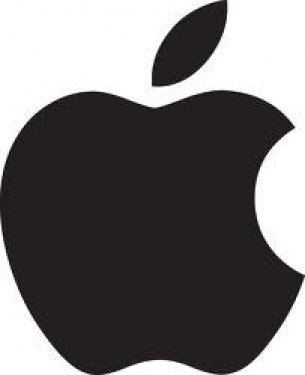Anyone who’s been paying attention to the chatter of late knows that Apple Inc. (NASDAQ:AAPL) is expected to roll out the next generation of iPhones on Sept. 10, and that the new iPhone 5S is expected to include fingerprint scanning technology. Apple acquired AthenTec in 2012, and the acquisition is expected to lead to the inclusion of a fingerprint security feature in the iconic iPhone home button in the next model. If that’s true, I believe there are three significant concerns Apple shareholders should be watching in the early weeks after the new devices begin to be reviewed and make it into the consumers’ hands: Does it work, does anyone care, and is it being copied?

Does it work?
If you take for granted that the technology will be included in the iPhone 5S, the big question about the fingerprint scanner is whether it works as close to perfectly as people have come to expect. We all recall the barrage of bad press that came Apple Inc. (NASDAQ:AAPL)’s way when its Maps app was released and Google Inc (NASDAQ:GOOG) Maps was kicked off the iPhone, yet Apple’s app was riddled with bugs. While some of these hiccups have been addressed, and Google has since released a Google Maps app for iOS, the entire exercise still stands, to me, as a step backwards. In my experience, Apple Maps still makes a fair number of mistakes, or at the least picks less desirable routes. The Google Inc (NASDAQ:GOOG) alternative works better, but because it isn’t well integrated with the phone — without several additional steps — the end result is a less reliable experience.
I believe the bar is raised even further when we’re talking about iPhone security. If the fingerprint scanner proves as temperamental as Siri — the voice-activated digital assistant — Apple Inc. (NASDAQ:AAPL) could have a real problem. You can easily skip using Siri, or even Apple Maps, but if you become unable to access your phone at all, the technology has the potential to cause problems far beyond those Apple has ever seen. The logical belief is that Apple will find a way to let users reset their phones, should that happen; but if there’s an easy workaround, then what kind of security does the technology really provide? I think it’s admirable that Apple Inc. (NASDAQ:AAPL) is reaching for progress, but the stakes seem to be very high.
Will anyone care?
I can’t speak for the millions of people who use iPhones on a daily basis, but I’ve never any users lamenting that their iPhone was breached to their detriment. If the four-digit security function has proved insufficient for most users, it certainly has escaped the attention of the blogosphere. With that in mind, it seems improbable that anyone but those with a thirst for the latest and greatest would find a fingerprint scanner to be reason alone to buy an upgraded phone. The new device’s other expected upgrades — better camera, improved battery life, and greater speed — must, therefore, be sufficient motivation.
Imitation is the purest form of flattery
If fingerprint scanning technology is well received on a broad basis, you should expect to see others copy it as quickly as they can. Where Apple Inc. (NASDAQ:AAPL) has a distinct advantage is that because it controls both the device and the OS, it’s probably better positioned to bring such technology to market. Would a competing offering come from Google Inc (NASDAQ:GOOG) through Android, or from Samsung in the Galaxy S series? In all probability, the two would have to work together. That’s a definite advantage for Apple, particularly if it can expand the technology beyond smartphones.




